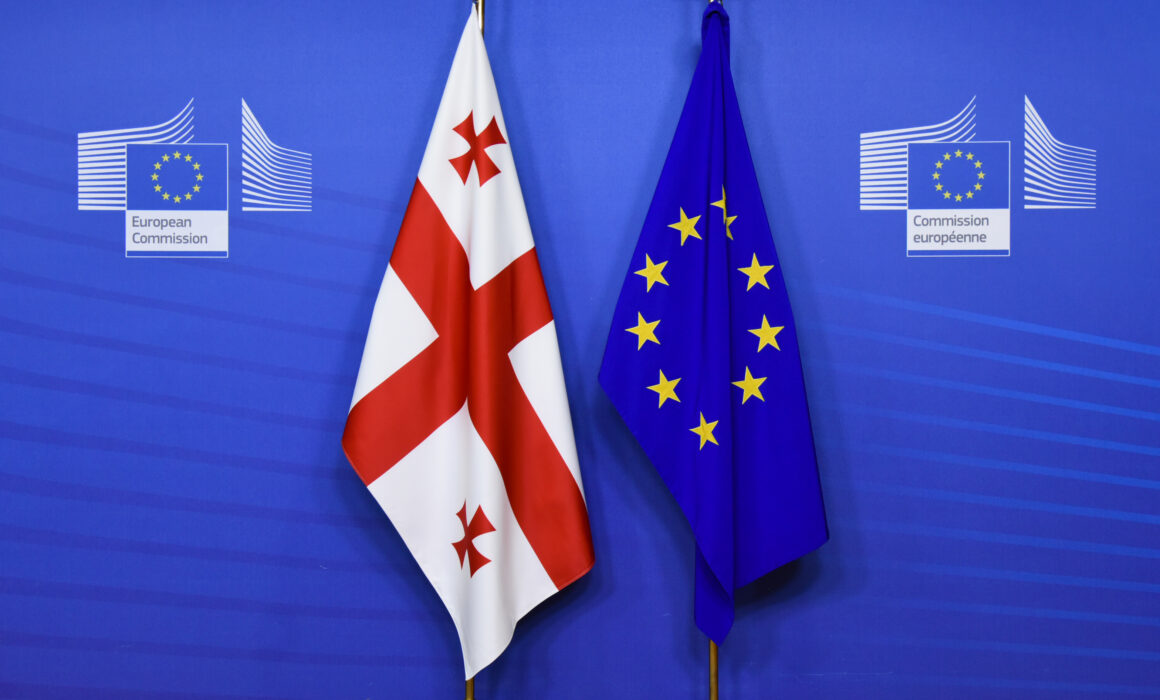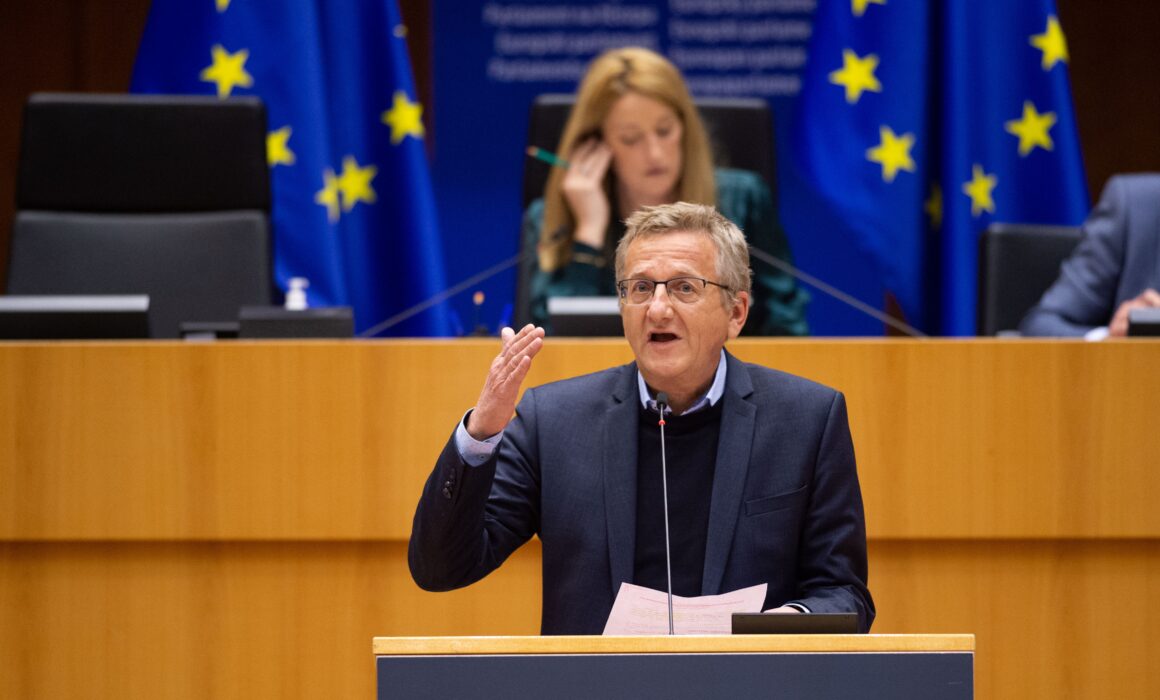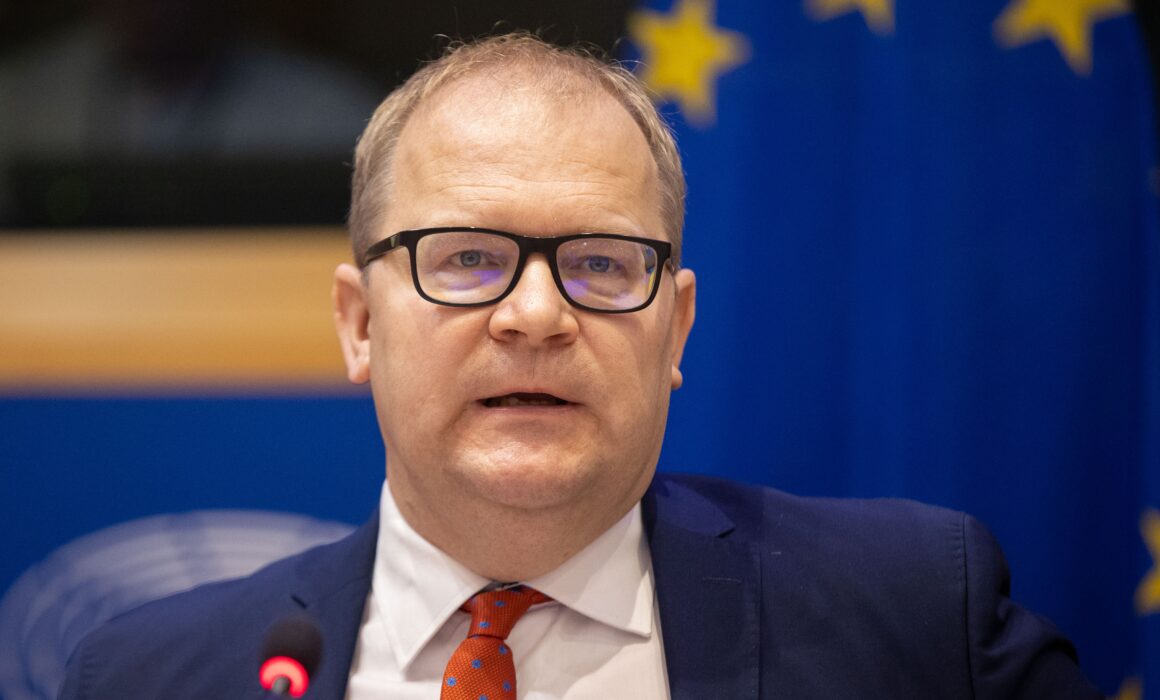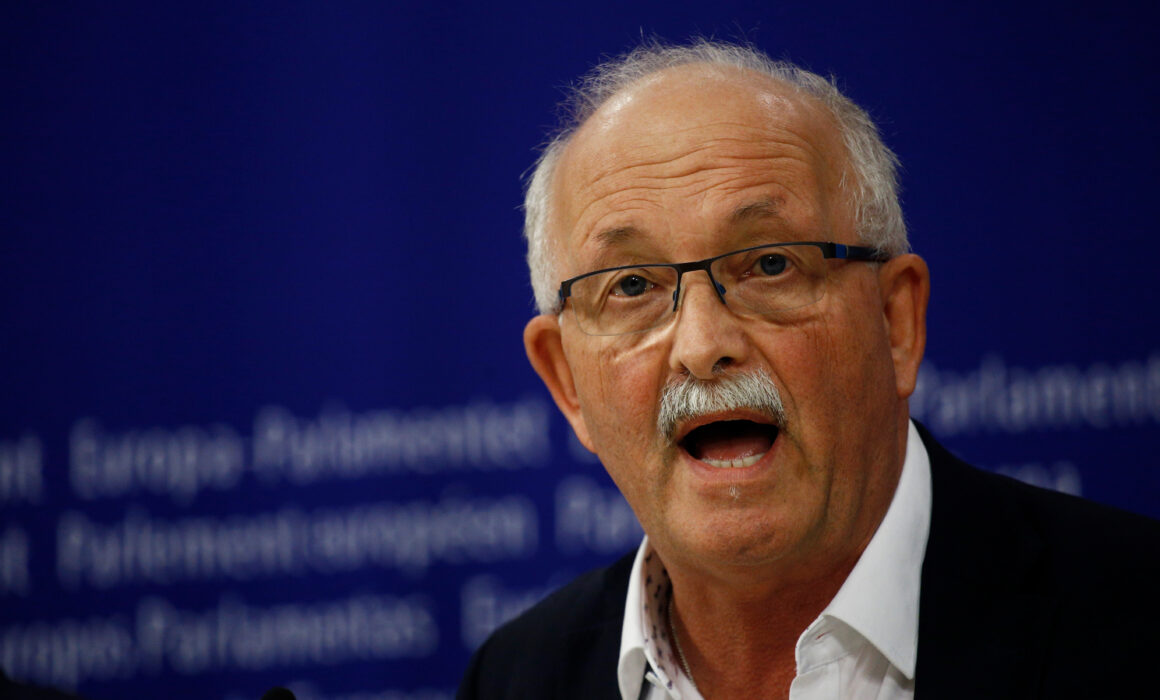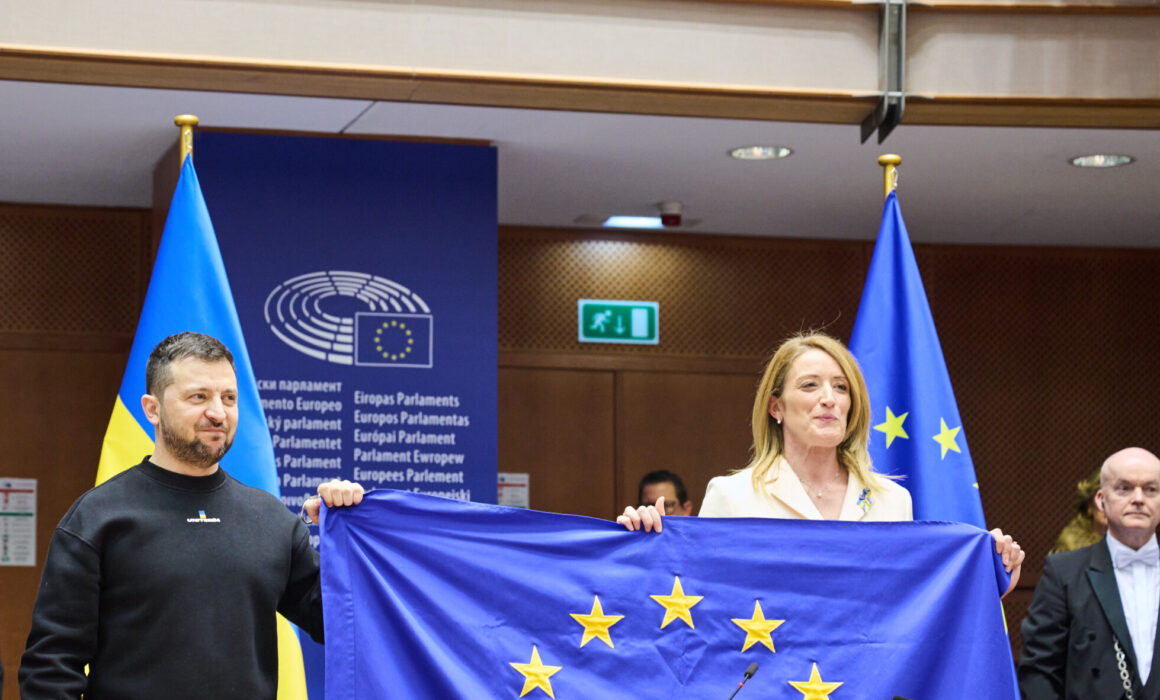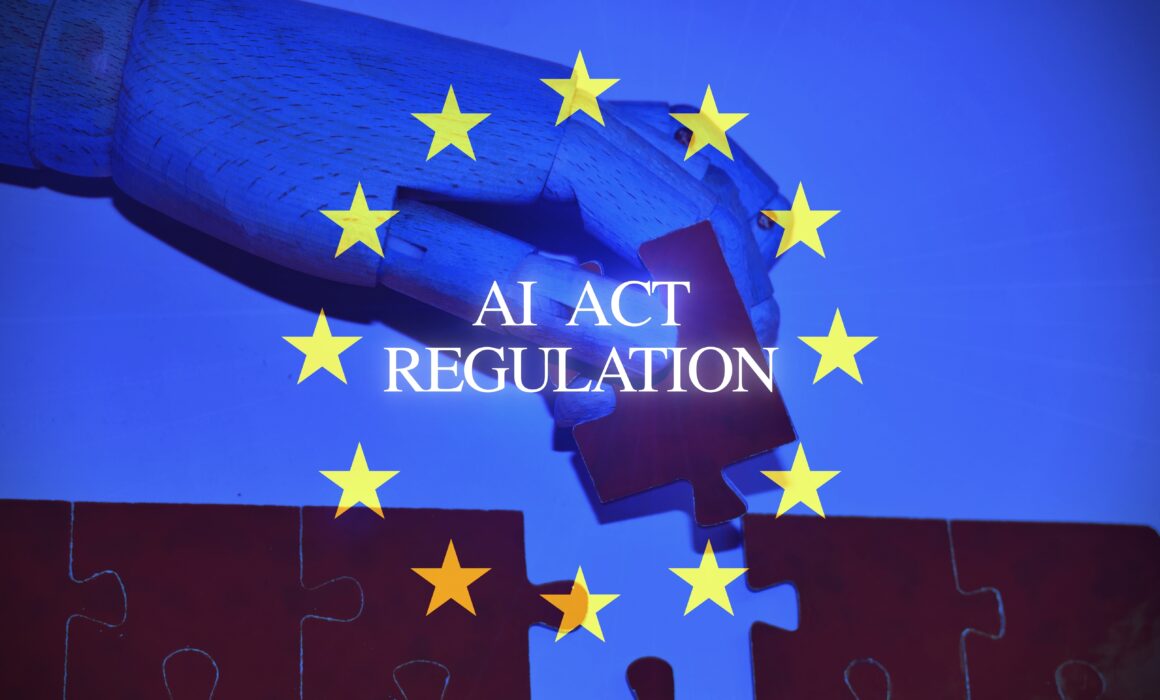Daniel Freund MEP on Viktor Orbán’s dismantling of democracy and the rule of law in Hungary and how the European Union should react to it.

Daniel Freund (born 1984 in Aachen, Germany) has been a member of the European Parliament since 2019.
Previously, he served as head of Advocacy for EU Integrity at the Brussels office of Transparency International.
Freund is a member of the European Green Party group and the Constitutional and Budgetary Control Committee. in the European Parliament.
He focuses on issues such as transparency, democracy, the fight against corruption and the future of the EU.
Mr. Freund, you have been very vocal on the issue of Hungary and the rule of law. Yet many argue that Viktor Orbán’s government is democratically elected and that Hungary is being singled out unfairly by the EU. Where will this clash lead?
In any democracy, winning an election does not mean you can steal taxpayers’ money, or trample on fundamental rights, or that the Constitution no longer applies to you. There is a separation of powers, there are basic values in any democracy, and no matter how big your win might be, you have to respect them and play by the rules.
Orbán doesn’t play by these rules?
No. He, his family, and friends are stealing on an industrial scale. We are talking billions of euros of EU taxpayer money here. The EU must defend against this. Just imagine where we would end up if all or large chunks of the EU budget are stolen? All 27 member states have joined the European Union by accepting the treaties, EU values and existing legislation. If a government or member state violates these values and principles, the EU as a whole must stand up and defend them. Because if it doesn’t, it will ultimately fall apart.
If a member state does not wish to abide by those values and rules any longer, they are free to leave – the United Kingdom went down that route recently. What you cannot do is say that we stay inside the union, but that we no longer respect the rules we previously agreed to, including upholding rulings of the European Court of Justice, but still claim EU money.

So you do not see that this issue can be settled by talks between Brussels and Budapest?
This is about the very survival of the Union. It is about defending the body of laws and treaties that make up the EU. The alternative is for the EU to cease to exist. Orbán cannot decide for all other member states, or for the 450 million Europeans, that the legal order of the EU no longer exists.
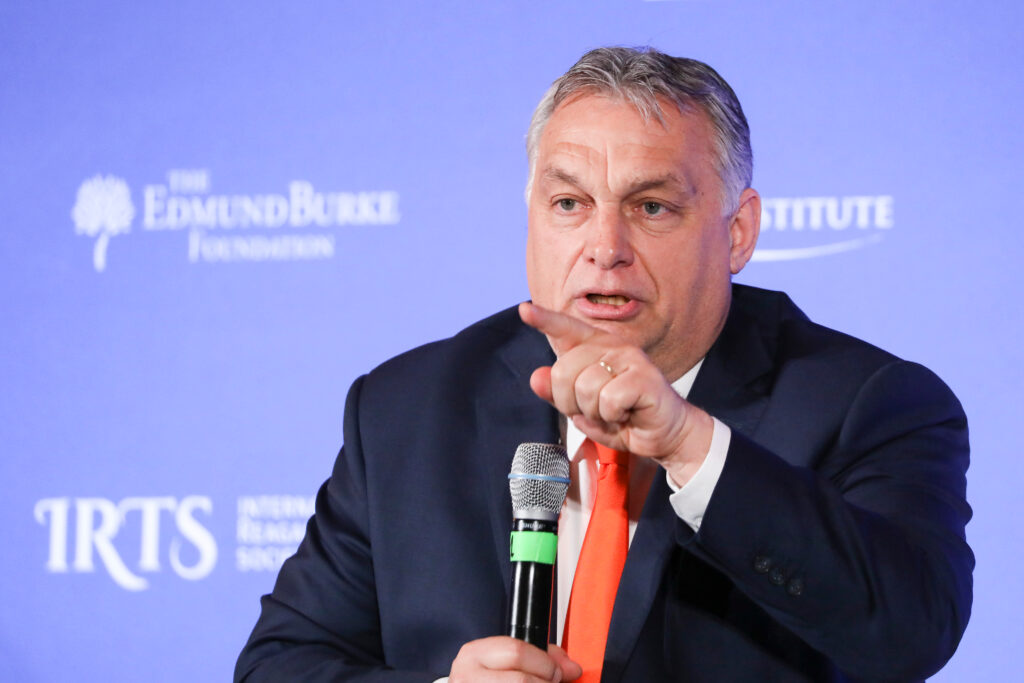
How do you respond to Orbán’s argument that Germany or France are held to a different standard than smaller EU states like Hungary?
That’s just an excuse for his behaviour, it is whataboutism. We are debating the question of whether Hungary protects the financial interests of the Union and whether it abides by the most fundamental EU values. There are of course other countries that do not respect certain fundamental values and where the financial interests of the Union are at risk.
Which ones?
The first one that comes to mind is Poland, where we have had severe attacks on the independence of the judiciary and an Article 7 procedure as well. But there are issues with the rule of law in almost every other member state that need to be addressed. The new government in Italy is probably the largest risk factor. If what happened in Hungary happens in Italy, it really becomes existential.
Yet so far, the degree of severity that we see in Hungary and in Poland has no equivalent in other member states. Moreover, Poland is almost four times as large as Hungary, so this is not a question of whether a country is smaller or bigger but of who respects fundamental values and the rule of law and who does not.
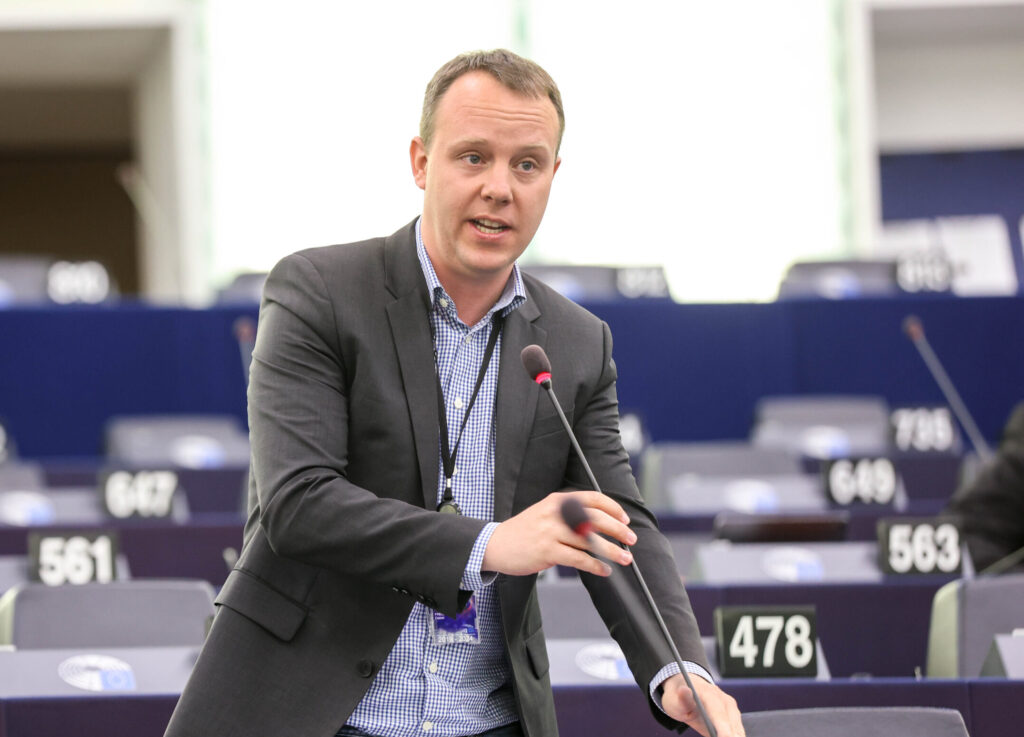
Has the EU become more lenient towards Poland since the war in Ukraine became its top priority?
Frankly, the EU has been very lenient in all of these cases! Nonetheless, it is true that the Russian war against Ukraine has changed things. For a long time, the cases of Hungary and Poland were “paired”. There was an Article 7 infringement procedure against both of them. After 24 February 2022, the Commission started applying the new conditionality mechanism to Hungary, but not to Poland. Nevertheless, we still have a parallel track as neither country has received any funding yet from the Corona recovery fund.

How will this play out in the coming year? Can it be resolved? What’s your prediction?
We are entering crunch time now. My immediate worry is for this December because Hungary has just used its veto to block 18 billion euros in EU aid for Ukraine. That shows you that it’s not the EU that links the rule of law issue with the situation in Ukraine. In fact, it’s the Hungarian government that does it.
They are now blocking EU aid for Ukraine and the global minimum tax. They are even blocking issues that have nothing to do with the EU, I have never seen anything like it before. For example, Hungary’s Parliament is delaying NATO membership of Sweden and Finland. All because Orbán desperately wants EU money so he can continue his steal without anyone disturbing him. He basically says: Give me the money or I’m going to block everything. The renewal of the first package of Russia sanctions coming up in February, and already he is threatening to veto it because he wants the sanctions gone.
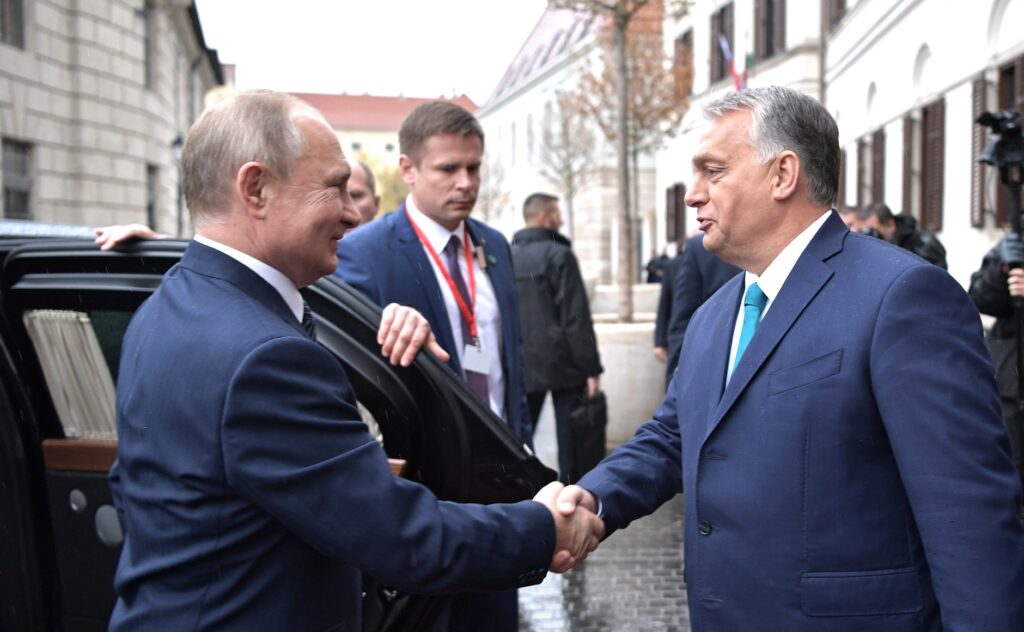
But that is not a new problem, right? His government’s vote in the Council has always been needed, and Orbán has always wanted the funding from the EU, as have other governments. Do you see a compromise that can be found here?
Throughout the year, whenever the EU needed unanimity, for example on the sanction packages against Russia, Viktor Orbán delayed, vetoed, removed certain individuals from the lists, received exemptions, etc. At some point, you have to say enough is enough. Because every time you allow him to blackmail the EU, every time you give in, you encourage him to ask for more concessions in the next round. Orbán’s attack on democracy, on the independent judiciary, on the free media, on NGOs and universities has been going on for 12 years. His luck was that there was always “a bigger problem” around, be it an economic crisis, migration, Brexit, the COVID-19 pandemic or the war against Ukraine.

I think it has reached a point where it is now existential for the European Union as a whole. Plus, the issues on which he threatens his veto can be sorted out otherwise. If all goes wrong, they must be sorted out otherwise. It would be more complicated to collect and pay 18 billion euros for Ukraine outside of the framework of the EU, but it’s possible. And if Orbán forces us, that’s what we will have to do. But this is the moment to confront him. We cannot allow this blackmail to go on continuously without an end.
Why now and not before?
Orbán is in a weaker position today. The Hungarian economy is in real trouble, he needs the cash from the EU. The forint is weakening, interest rates are going up, and the budget is tight. If the other EU member states do not approve the recovery plan for Hungary before the end of this year, if the Commission does not approve the partnership agreement on the structural funds, he will lose billions of euros in EU funding.
Under the conditionality mechanism, we are talking about freezing funds. They can be unfrozen at any time. But from the recovery fund, almost 1000 euros per Hungarian citizen would be lost if they are not disbursed soon.
Is money the only leverage that the EU institutions have, or are there any other instruments besides that?
The Commission has lots of tools at its disposal. Yet it seems that money is the only language that Orbán understands. What makes him move is the threat of funds being frozen or cut, that is when he starts promising reforms. Since the summer, we have seen quite a change in rhetoric from the Hungarian government. I am convinced that withholding EU funding is the only effective leverage we have.
The interview with the German member of the European Parliament was conducted by Michael Thaidigsmann and Nenad Jurdana. This is the part one of the interview; part two will be published soon.
Our most recent news
Former Estonian Foreign Minister: “We should make Russia understand that the West is not weak anymore”
In our most recent podcast edition of “EU Matters”, the Vice-Chair of the Foreign Affairs Committee of the European Parliament and former Estonian foreign minister, Urmas Paet, talks about the threat of Russia to Europe and the West’s support for Ukraine, as well as the recent developments in the Middle East between Israel and Iran.
Avital Grinberg appointed as General Manager of EU Watch
BRUSSELS – EU Watch announces the decision to appoint Avital Grinberg as the new General Manager, succeeding Michael Thaidigsmann at the helm of the organisation.
Veteran Socialist lawmaker: “We always knew that the EU would come under attack from guys like Putin”
German MEP Udo Bullmann talks about the importance of human rights in EU’s foreign policy, the EU as a player on the world stage and foreign interference in EU politics.
EU’s pivotal steps toward Ukraine, Moldova, and Georgia: A personal perspective on the region’s historic shift
Professor Cristina Vanberghen delivers her opinion on the European Council’s decision to green-light negotiation talks with Ukraine and Moldova.
EU Sets Global Standard for AI Regulation
Professor Cristina Vanberghen delivers her analysis of the EU AI Act, which regulates the use of Artificial Intelligence in the Union.
Enhancing our understanding of the EU’s role in the Middle East
Professor Cristina Vanberghen delivers her analysis on the EU’s role in mediating Middle East conflicts.


